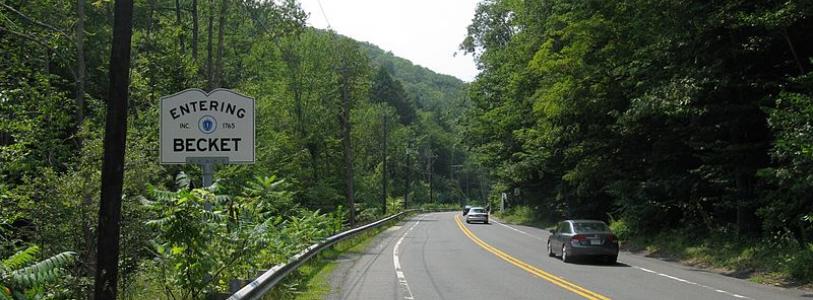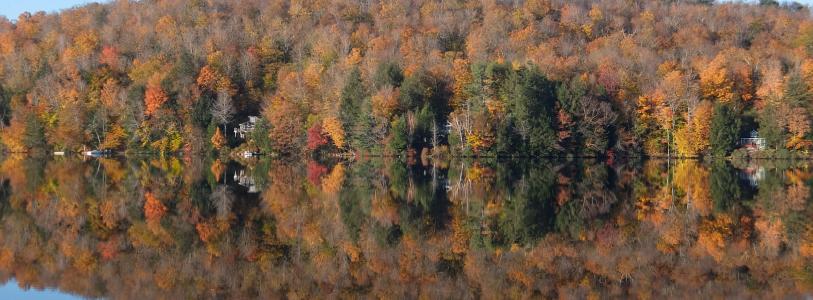What happens at Commission meetings?
At the meeting, the Commission will make a ruling on your application. All meetings are public and advertised by the town in the Country Journal. After questions from the Commission to the applicant, the public will have the opportunity to comment. The Commission can then vote to approve—with or without conditions— disapprove, or continue an application until the following meeting. A continuation can only occur with the consent of the applicant. However, if the Commission determines that more information is necessary for it to make a decision, it is within its rights to deny the permit if the applicant does not consent to a continuation.
For an RDA application, the Conservation Commission will issue a negative or positive determination of applicability, with certain standard conditions, as well as other conditions if necessary. A negative determination will allow you to move ahead with the project after a permit is issued and a ten business day appeals period is over. If you receive a positive determination, you will have to file an NOI or other more detailed application.
For an NOI application, the Conservation Commission will issue an Order of Conditions with the permit that will specify what work may be done and where and any specific conditions on how the work is to be done. Orders of Conditions will have standard conditions attached, and possibly additional conditions specific to the project. Work may begin on the project after a permit is issued (keep in mind the ten business day appeals period) and the Order of Conditions has been recorded at the Registry of Deeds.
RDA determinations are usually valid for three years and cannot be extended. NOI permits (Orders of Conditions) are usually valid for three years but may be extended by a vote of the Commission at a public meeting.
DISCLAIMER: Please note that the information on this website is meant to simplify very complicated regulations, and is not meant to substitute for applicants' responsibility to understand and follow applicable laws, and read the official forms and instructions carefully. In cases where information on this website disagrees or appears to disagree with state and local regulations and policies, the official regulations and policies take precedent.
Thanks to the Massachusetts Association of Conservation Commissions and the Massachusetts Department of Environmental Protection for contributing to information on this website.




